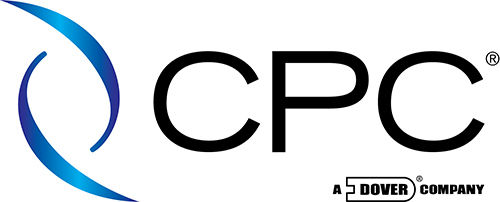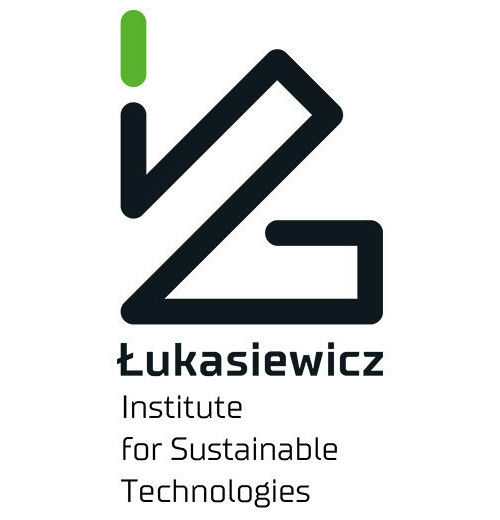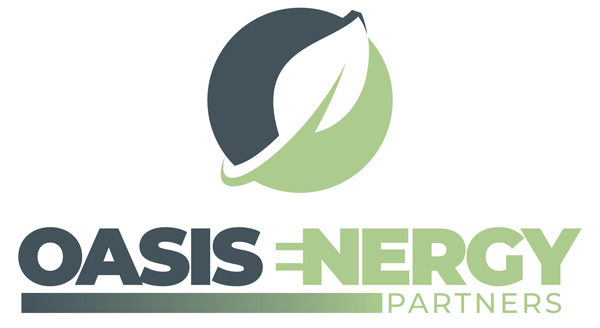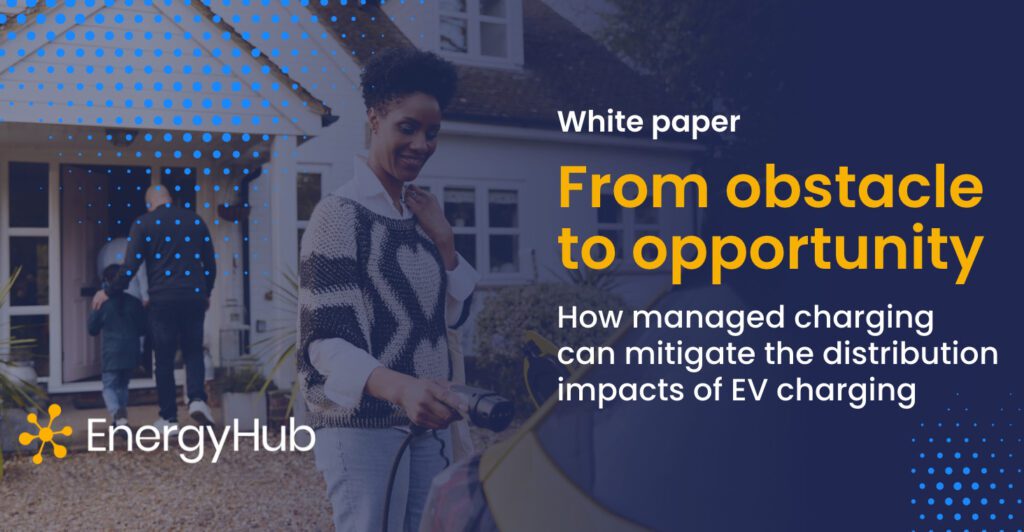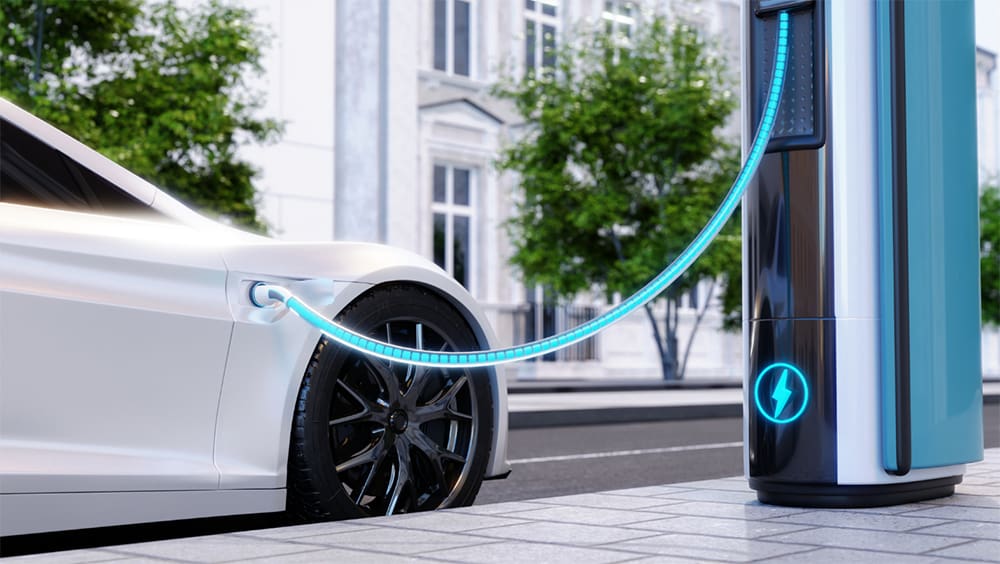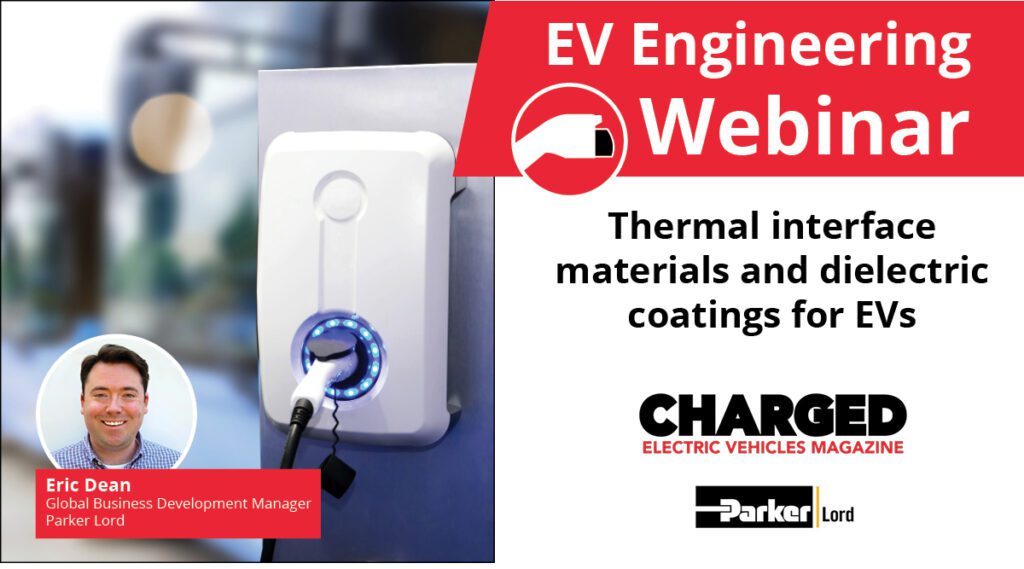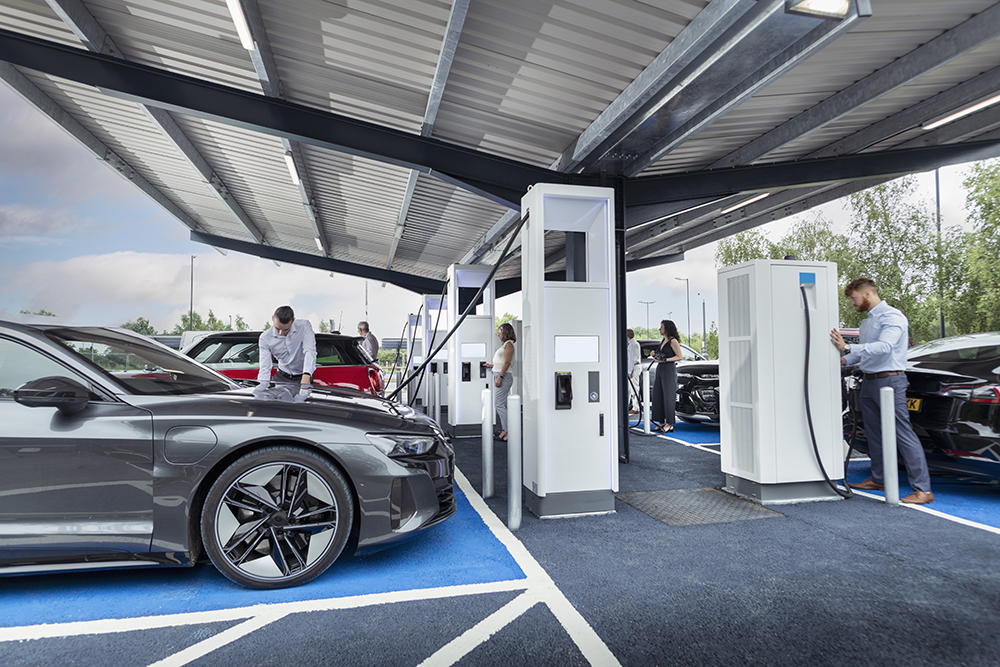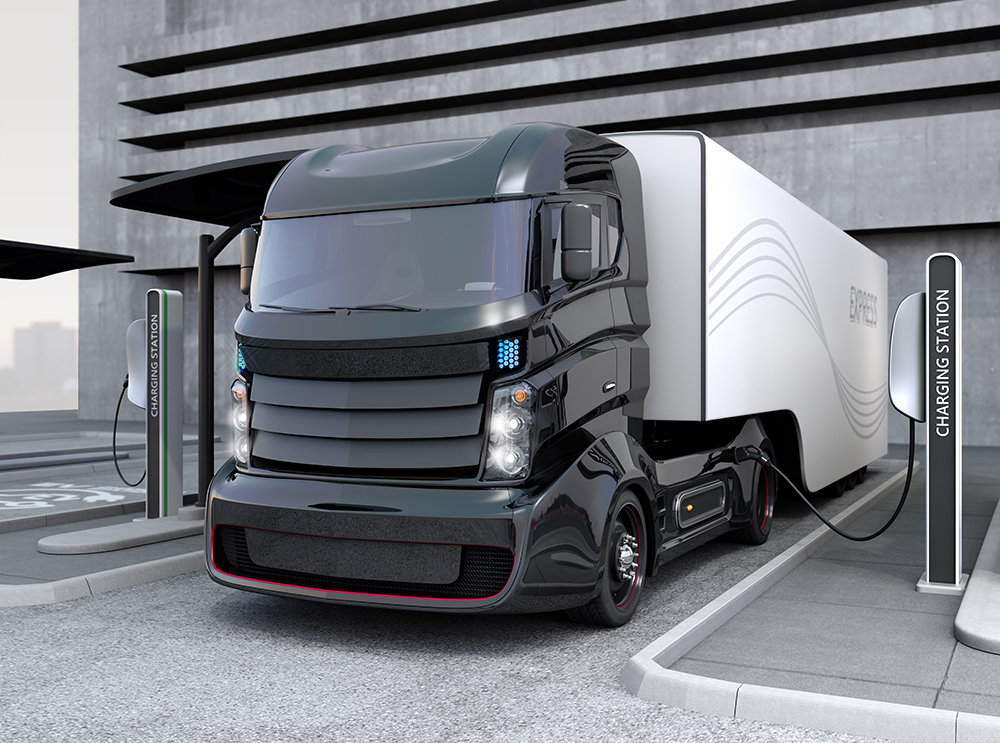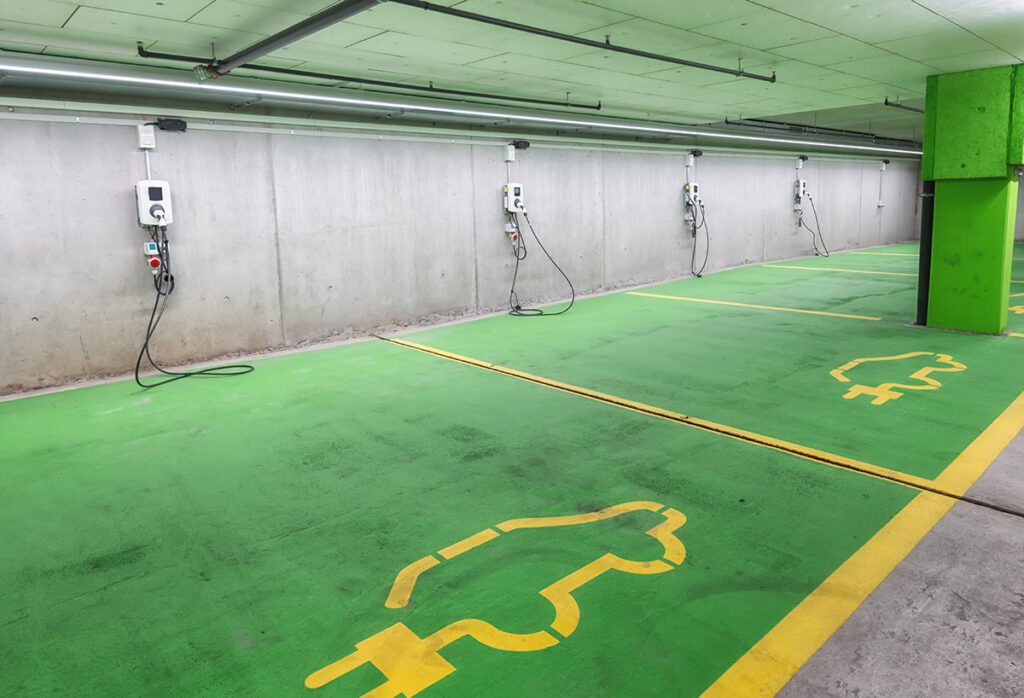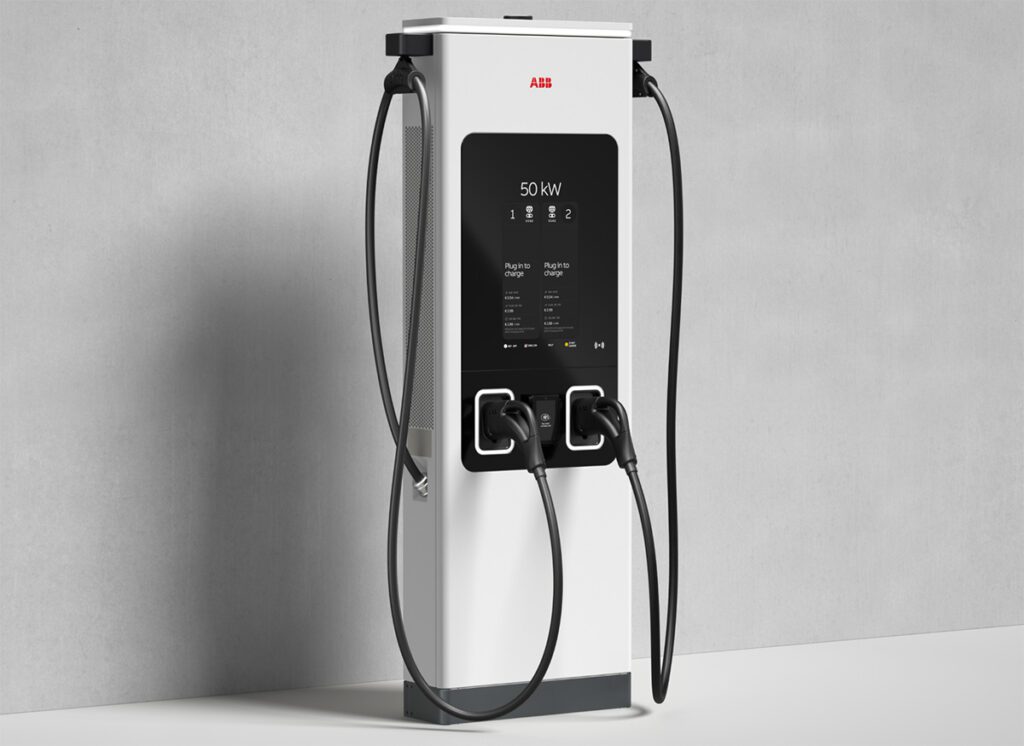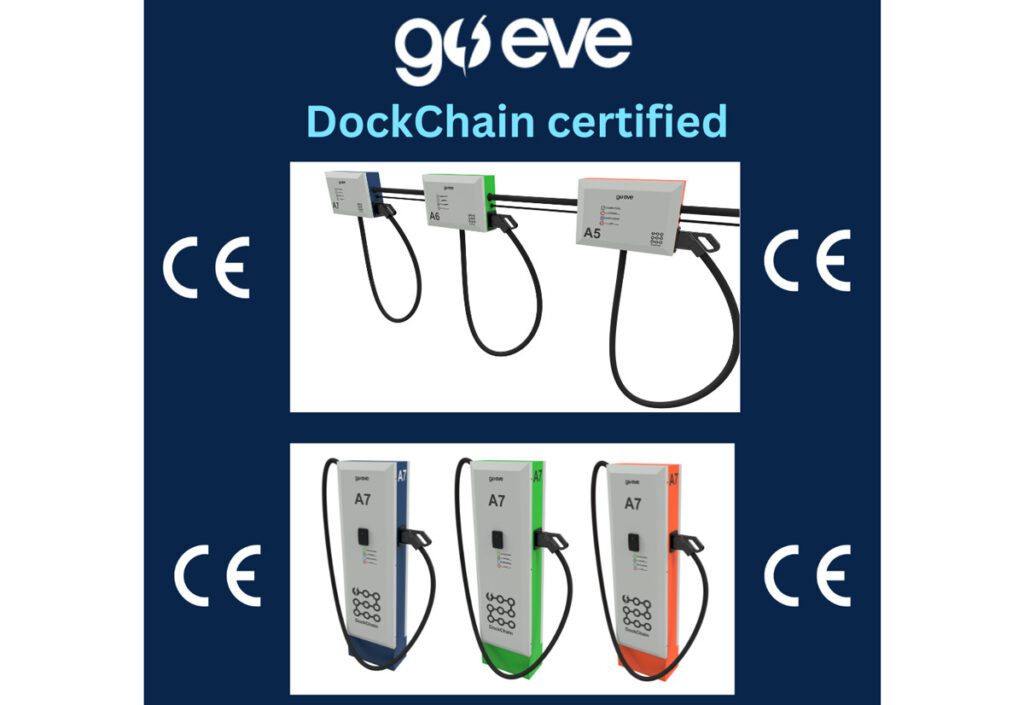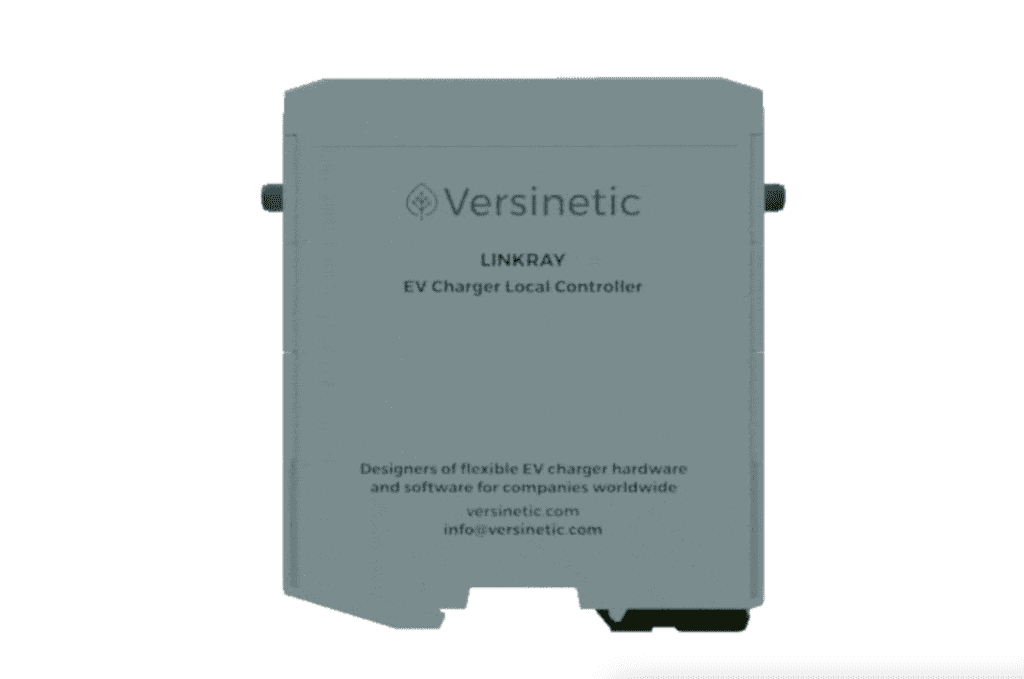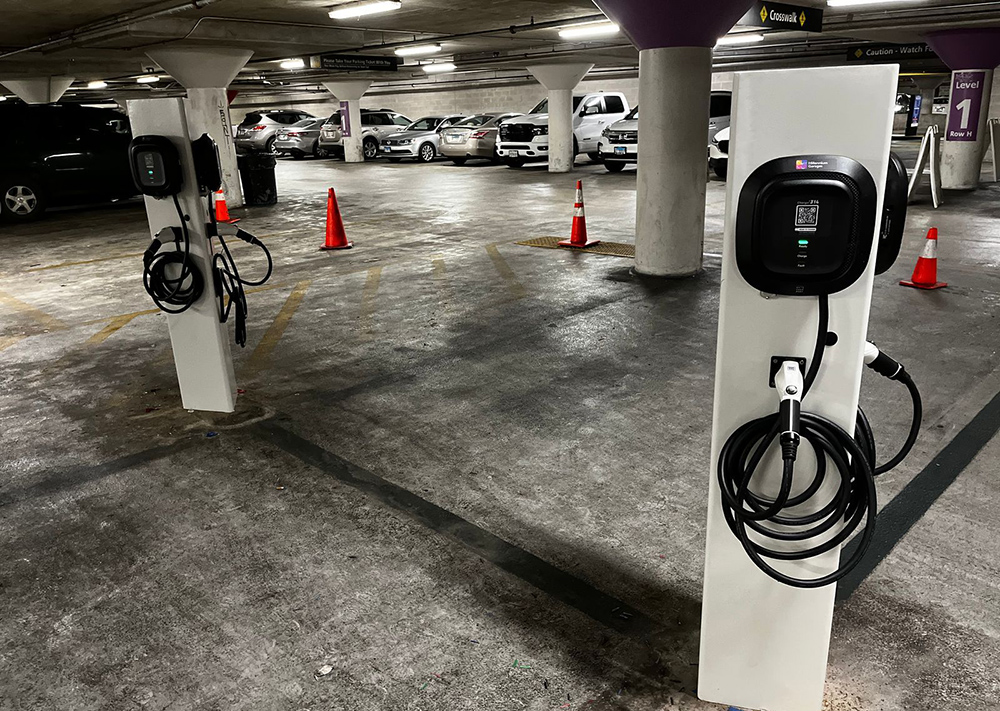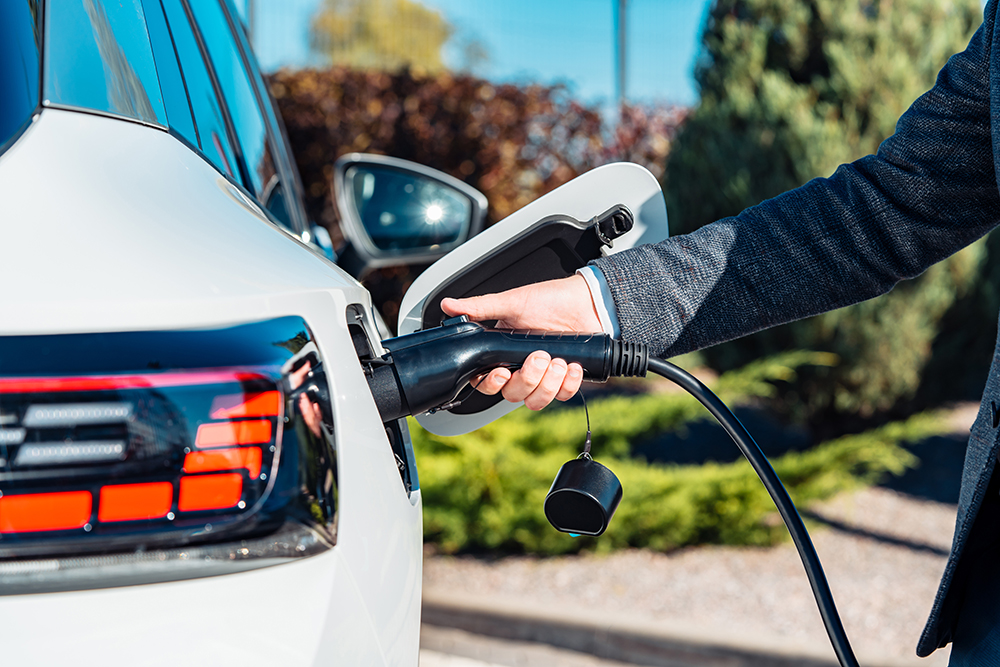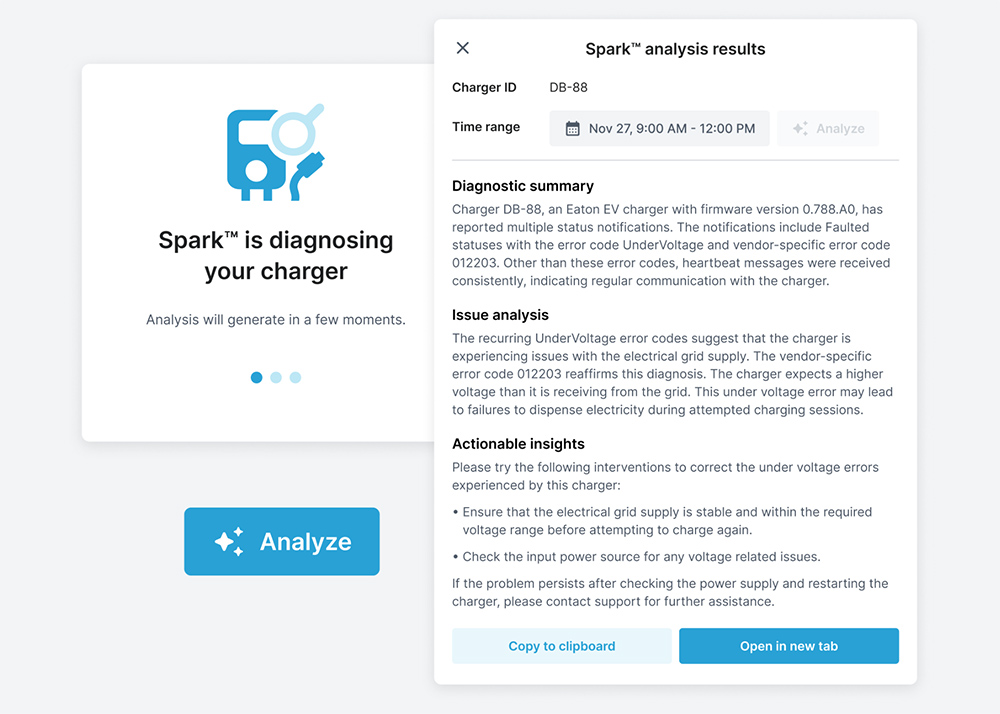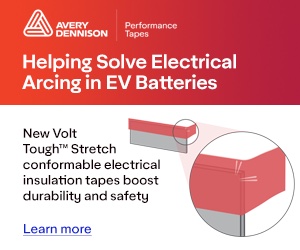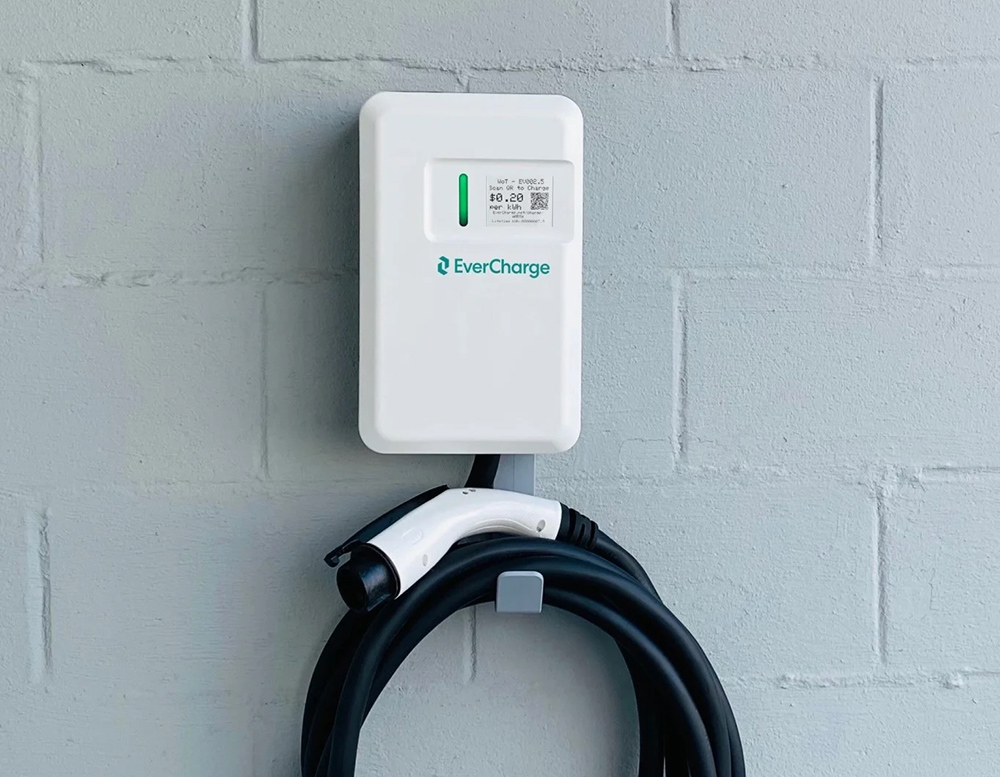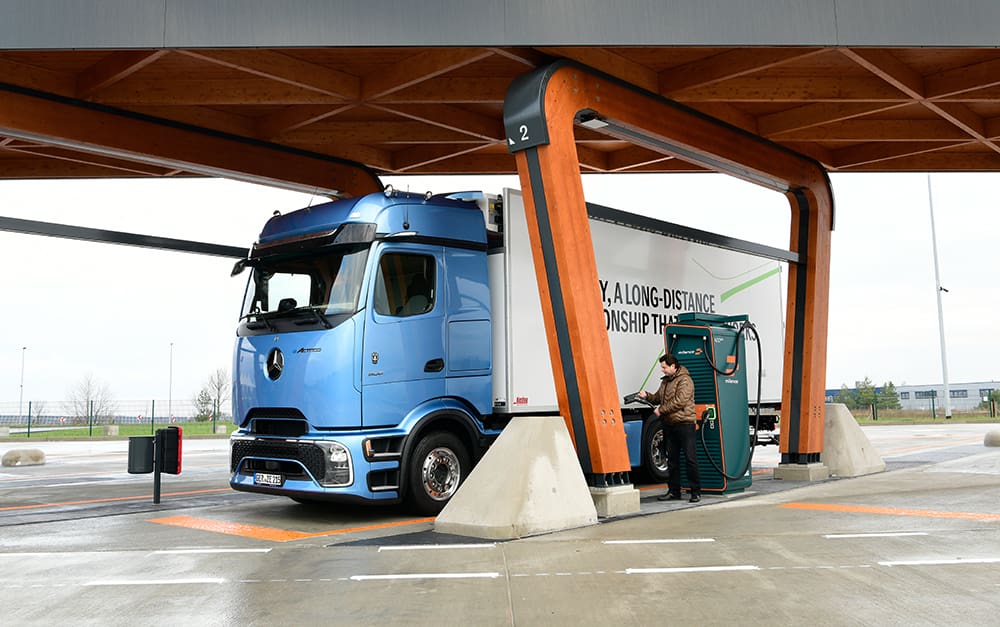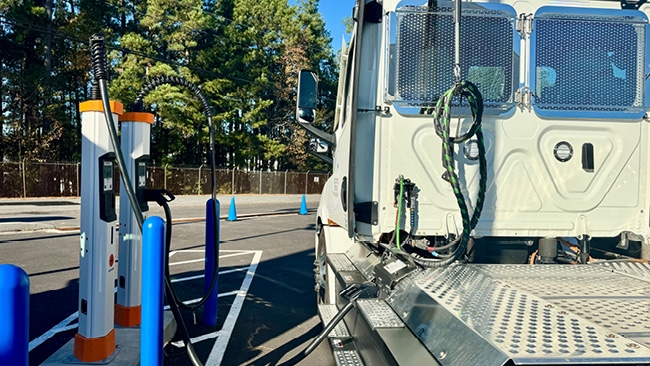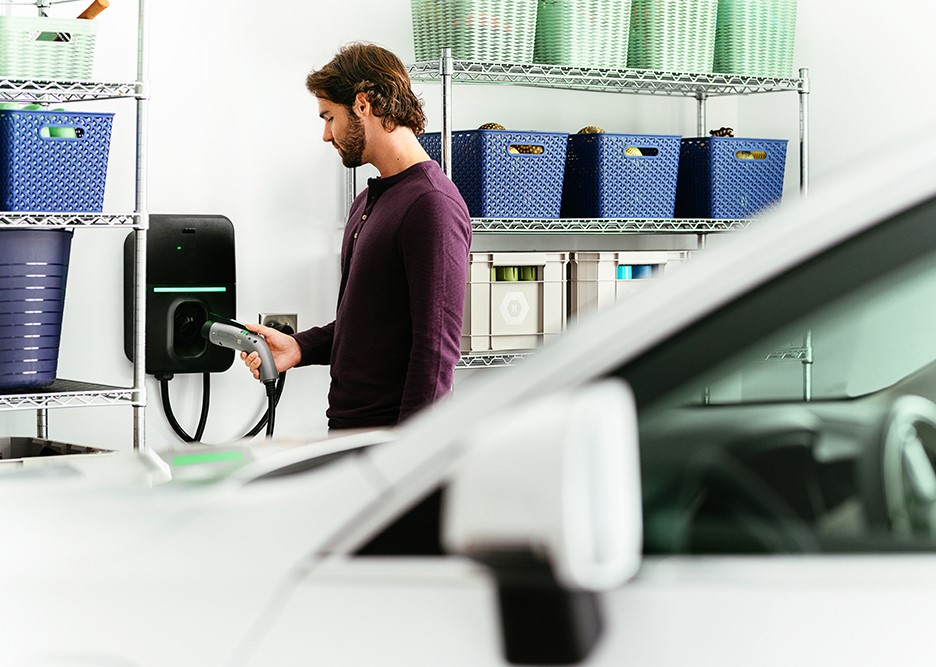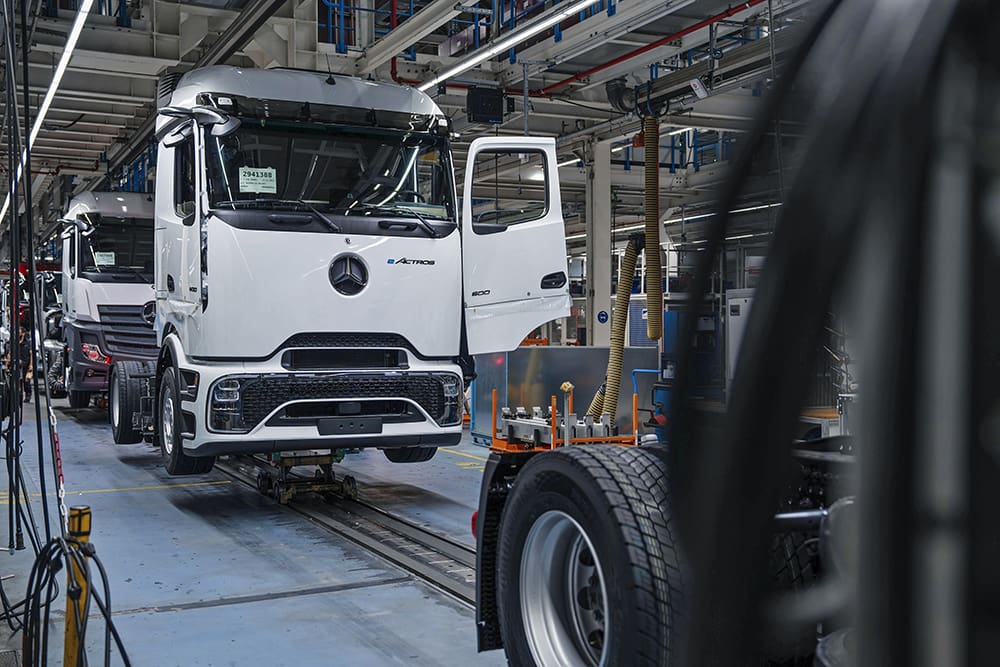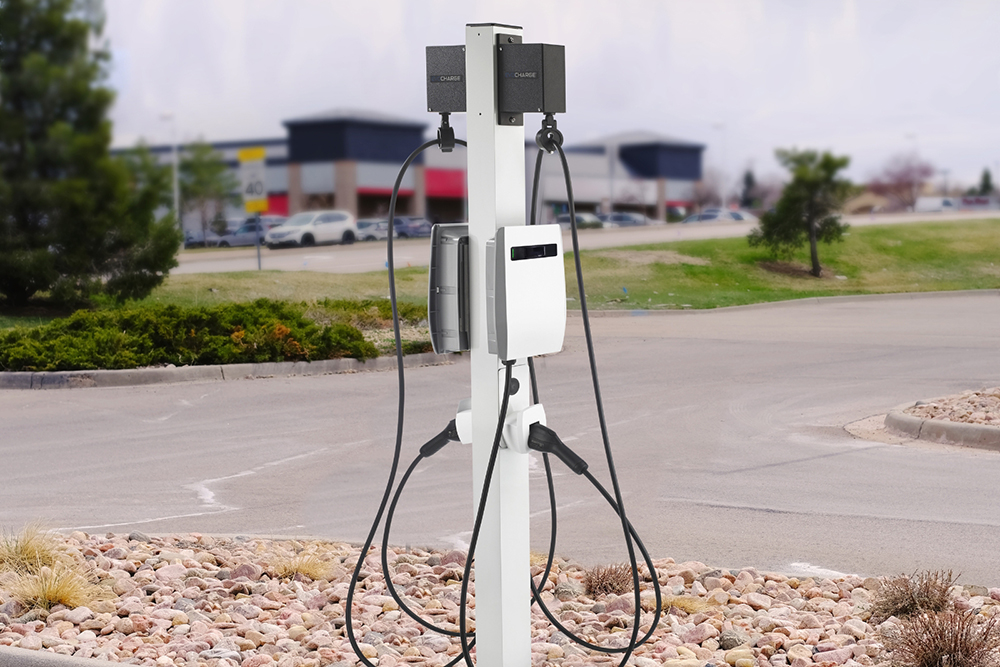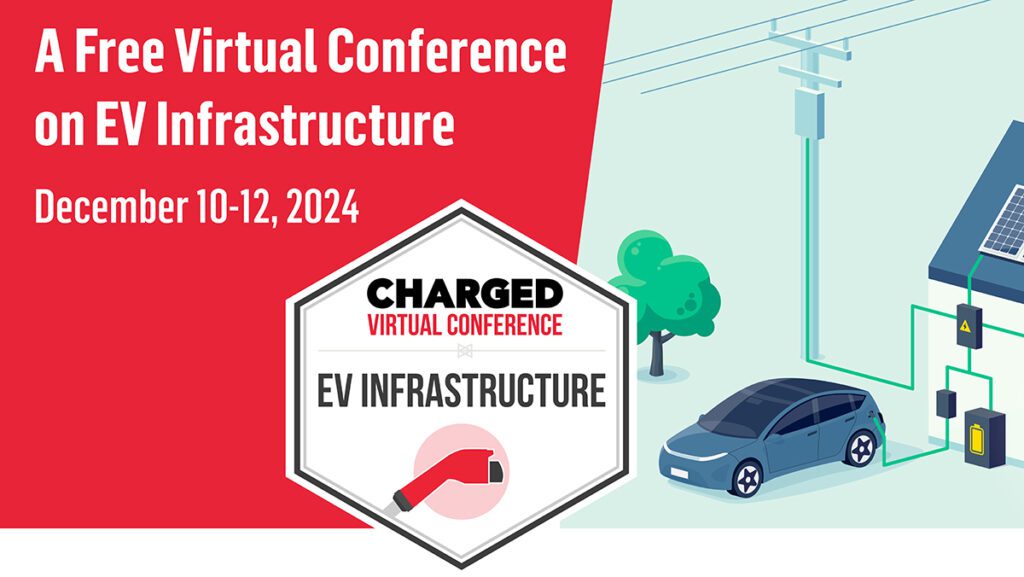Pinellas County, Florida, the home of your favorite EV magazine, will soon be one of the first counties in the state to deploy electric school buses. The Pinellas County School District has (finally) received a $5.5-million grant from the 2016 Dirty Diesel Debacle settlement with Volkswagen.
School districts in Broward, Manatee, Miami-Dade, Orange, Palm Beach and Sarasota Counties will also use funding from the VW settlement to add electric buses to their fleets.
PCS hopes to receive the first twenty e-buses in December, and to start putting them on the road in January or February. However, the agency began installing charging infrastructure in July through a partnership with Duke Energy.
PCS has installed twenty 80 kW DC fast charging stations at its Walter Pownall Services Center. Head Technician Brian Lowe says that, according to the manufacturer, each station can charge a bus from 20% to 100% in less than three hours. Drivers typically log between 150 and 180 miles per day. “The bus can do its morning route, come back, plug in and be fully charged for the afternoon route,” he told the St Pete Catalyst.
PCS currently operates 333 buses, including 188 propane-powered models.
The district has not yet chosen a bus supplier, but Lowe has test-driven e-buses from three manufacturers, and was impressed with the significant noise reduction compared to a diesel bus. PCS expects to pay about $400,000 per bus, nearly four times the price of a legacy model, but the grant covers 75% of the cost, so the agency’s out-of-pocket cost will be the same.
Traditionally, obsolete US school buses are resold to countries farther south, where they are often fueled with extra-dirty grades of diesel. (Your correspondent once observed a former Pinellas County Schools bus in service as an intercity bus in Guatemala.) The VW grant comes with strict conditions to ensure that the old stinkers are humanely dispatched. PCS must take its oldest buses (which date to 2003) off the road first, and destroy them by cutting them into pieces and drilling holes in the engine blocks.
Source: St Pete Catalyst





